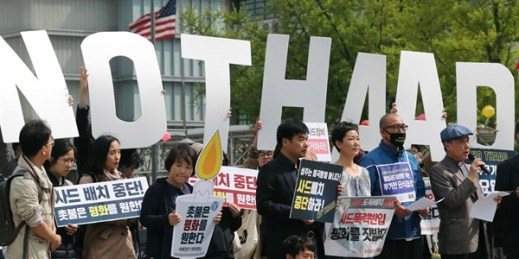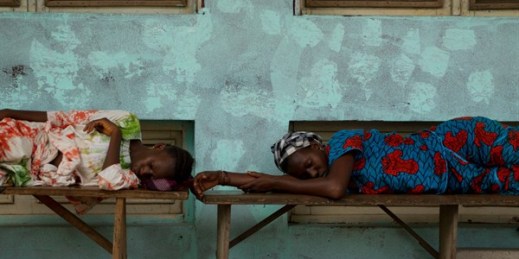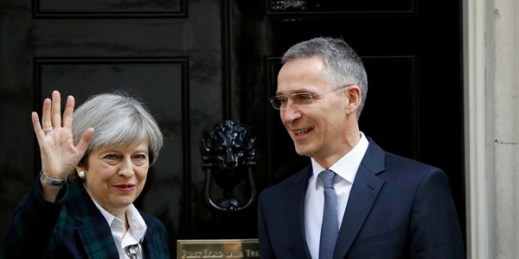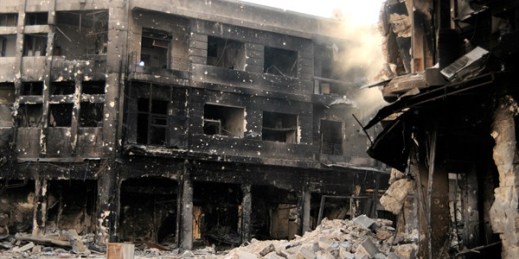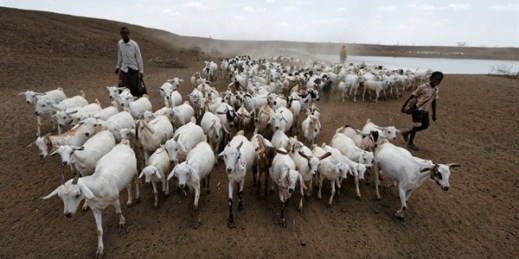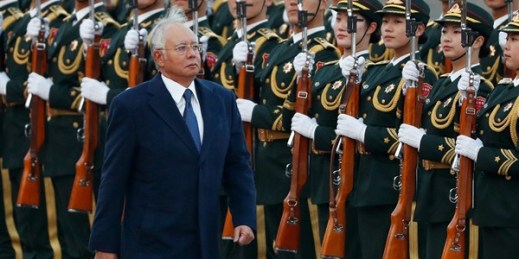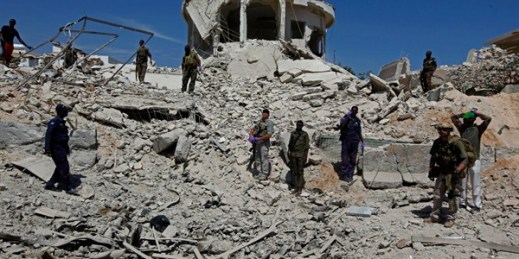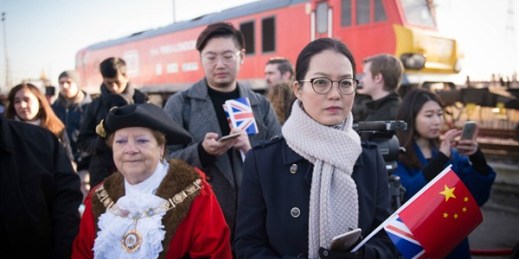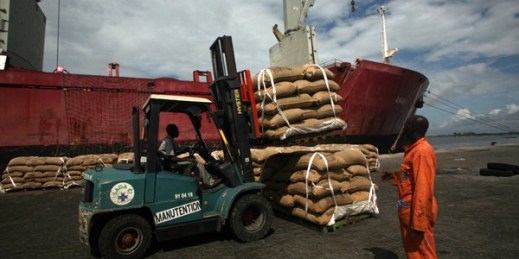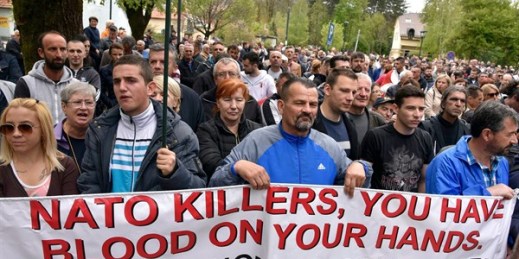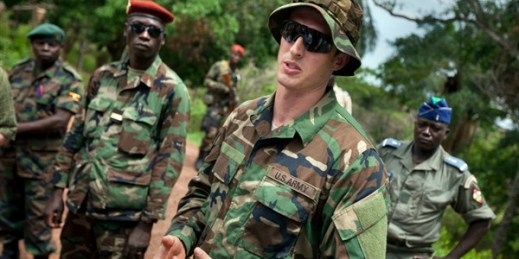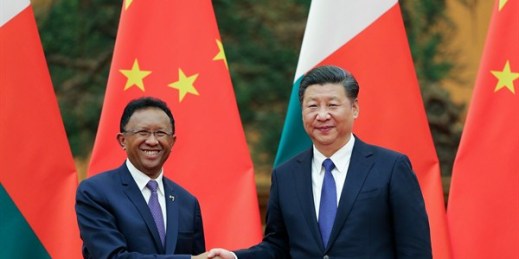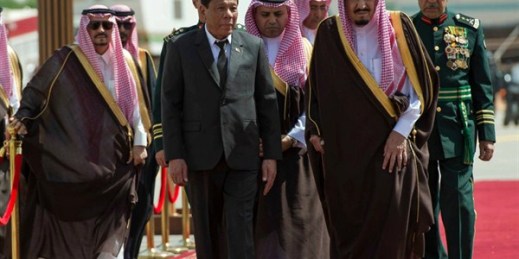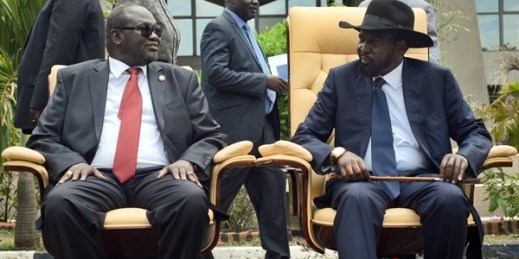
Editor’s Note: Every Friday, Associate Editor Robbie Corey-Boulet curates the top news and analysis from and about the African continent. South Sudan President Salva Kiir’s decision to remove his army chief, Gen. Paul Malong, risked aggravating a civil war that has already killed tens of thousands and created conditions that the U.N. has warned could result in genocide. Malong’s dismissal was announced Tuesday. Reuters noted that it came “after a slew of resignations by senior generals alleging tribal bias and war crimes.” A presidential spokesman initially denied there was a feud between Malong and Kiir, and Malong himself vowed not […]

